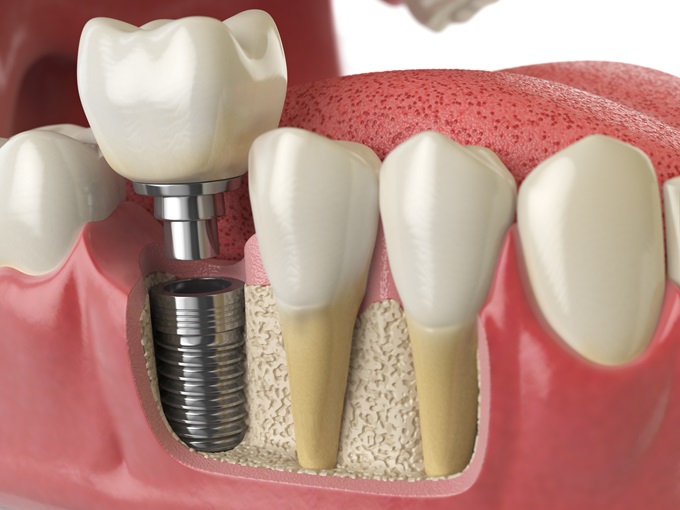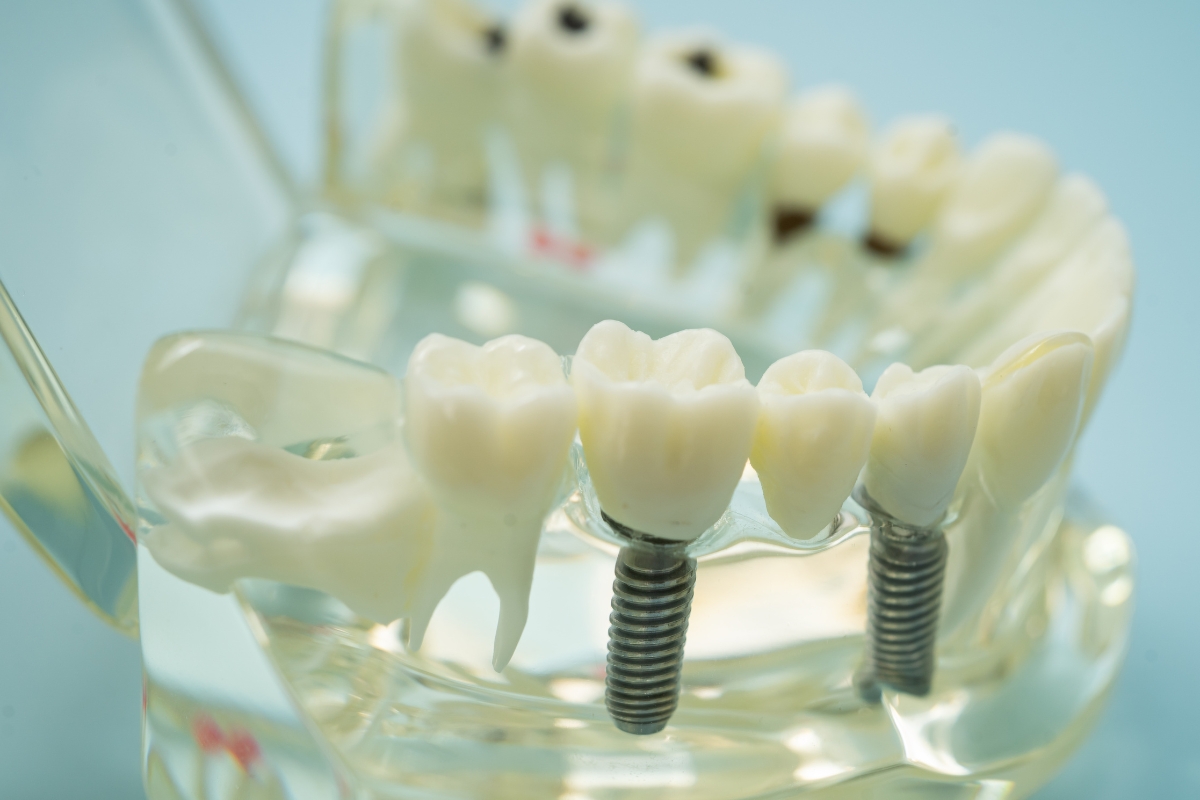7000 Houston Rd STE 35, Florence, KY 41042

Dental implants play a significant role in the replacement of missing teeth, and they offer a long-lasting solution that feels like natural teeth. Despite their high success rate, implants are not immune to complications that affect their longevity. The key to the longevity of your implants is proper care and early detection of issues.
Pearl Dental Care has experience in diagnosing and treating implant failure, and they offer patients realistic solutions. This blog will discuss the most frequent reasons for implant failure and how Pearl Dental Care resolves such complications.
Why Do Dental Implants Fail?
Although implants are made to be durable, certain factors may contribute to their failure. A frequent reason is infection at the site of implantation, which may weaken the implant’s integration with the surrounding bone.
Low bone density is also a factor since the jawbone needs to be dense enough to anchor the implant. Bone loss, when it occurs, can impede stabilization. Misalignment of the implant during the process of insertion can also lead to failure, with associated chewing difficulties and pain.
Poor oral hygiene is similarly a risk factor for failure since bacteria can accumulate around the site of the implant. Finally, lifestyle variables like smoking or pre-existing medical conditions, such as diabetes, can compromise the healing process and affect the success of dental implants in Florence.
How Pearl Dental Care Diagnoses Implant Failures
Diagnosing a failing implant at Pearl Dental Care begins with a complete patient history and review of symptoms. Our practitioners attentively listen to your concerns, including any pain or discomfort that could signal complications.
Next, we conduct a comprehensive physical exam and use the newest imaging equipment, such as X-rays and CT scans, to get a clear image of the implant’s condition. These diagnostic tests allow us to identify any indication of infection, bone loss, or other conditions that can shorten the implant’s lifespan.
The earlier we identify the problem, the better, and Pearl Dental Care’s advanced technology allows us to diagnose problems early on before they escalate.
Treatment Options for Failing Implants
Based on the severity of the issue when an implant is failing, treatment varies as well. In simpler complications, non-surgical interventions may be employed. This may include antibiotics to eliminate infection or repositioning the implant for better alignment.
More complex cases utilize surgical procedures. These can involve removal of the failed implant, bone grafting to regenerate lost bone, and re-implantation of a new implant. Pearl Dental Care develops individualized treatment plans for each patient and ensures the path of treatment followed is consistent with your personalized needs and wants.
How Pearl Dental Care Prevents Future Implant Failures
Prevention is the foundation upon which the long-term success of dental implants at Pearl Dental Care is ensured. Regular check-up visits are crucial and allow our personnel to monitor the condition of the implants and address concerns early enough. We provide patients with individualized oral care instructions and hygiene advice to allow them to maintain their implants in the best condition.
For patients with underlying medical conditions, such as diabetes or smoking, we offer special advice on risk reduction. Pearl Dental Care’s philosophy of patient-first ensures that your oral health comes first and allows you to achieve long-term results of dental implants in Florence.
Dental implants do have complications, but with the right care, many of these failures can be successfully managed. Pearl Dental Care’s experience in diagnosing and managing implant complications ensures that patients receive the best possible care.
Our team is committed to restoring the health and function of your implants so you can keep on smiling with confidence. If you are experiencing issues with your implants, call us today to schedule a consultation to discuss your problems and treatment.



